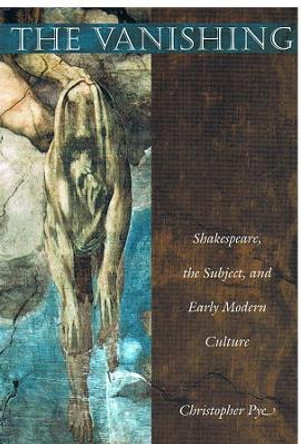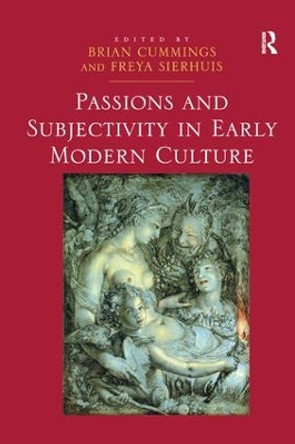Description
Pye explores the emergence of the early modern subject in terms of a range of subjectivizing mechanisms tied to the birth of a modern conception of history, one that is structured around a spatial and temporal horizon-a vanishing point. He also discusses the distinctly economic character of early modern subjectivity and how this, too, is implicated in our own modern modes of historical understanding. After explaining how the aims of New Historicist and Foucauldian approaches to the Renaissance are inseparably linked to such a historical conception, Pye demonstrates how the early modern subject can be understood in terms of a Lacanian and Zizekian account of the emerging social sphere. By focusing on the Renaissance as a period of remarkable artistic and cultural production, he is able to illustrate his points with discussions of a number of uniquely fascinating topics-for instance, how demonism was intimately related to a significant shift in law and symbolic order and how there existed at the time a "demonic" preoccupation with certain erotic dimensions of the emergent social subject.
Highly sophisticated and elegantly crafted, The Vanishing will be of interest to students of Shakespeare and early modern culture, Renaissance visual art, and cultural and psychoanalytic theory.
Combines psychoanalytic and cultural theory to advance an innovative interpretation of Renaissance history and subjectivity
About the Author
Christopher Pye is Professor of English at Williams College. He is the author of The Regal Phantasm: Shakespeare and the Politics of Spectacle.
Reviews
"Christopher Pye's elegantly written and argued The Vanishing is a terrific book. It could by itself renew interest in the merits and possibilities of psychoanalytic theory not only for reading early modern culture but for literary studies more generally."- Karen Newman, author of Fashioning Femininity and English Renaissance Drama
"Pye moves with great concision, delivering dazzling insights and startling conjunctions. The Vanishing thus makes an important intervention in early modern studies, recalling the promise of 'theory' to advance our understanding of questions of history and representation."-Jonathan Goldberg, author of Desiring Women Writing: English Renaissance Examples
Book Information
ISBN 9780822325475
Author Christopher Pye
Format Paperback
Page Count 216
Imprint Duke University Press
Publisher Duke University Press
Weight(grams) 485g






